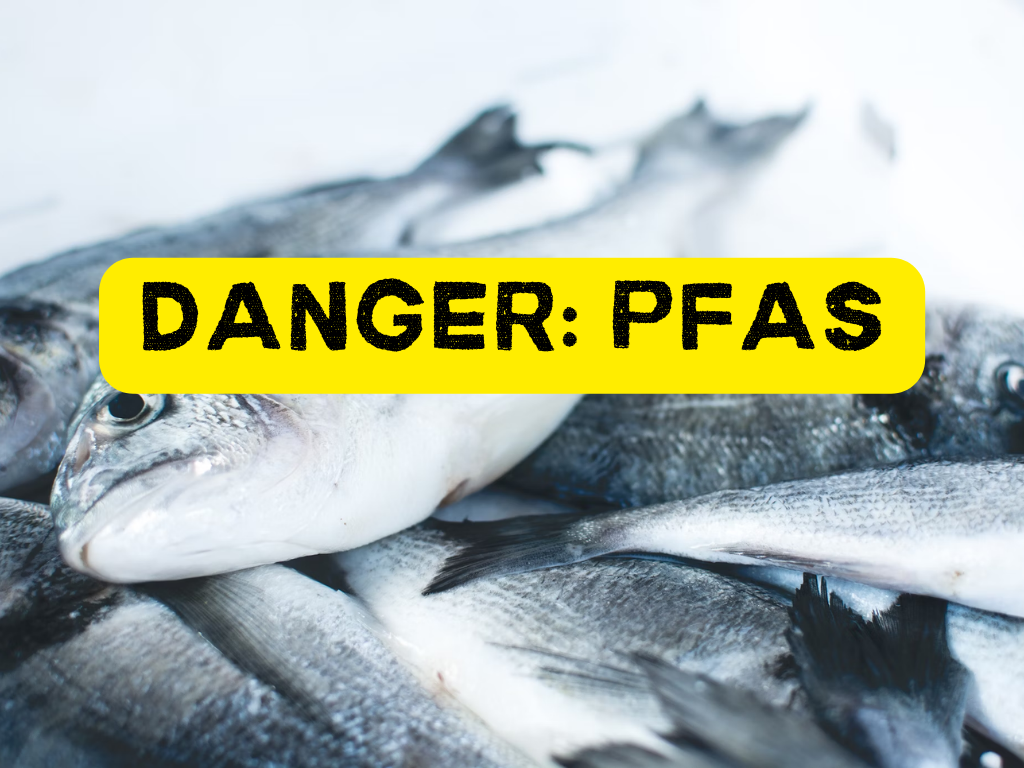Source: N.C. Newsline
North Carolina state health officials recently announced that children, women under age 44, and people who are pregnant or breastfeeding should not eat many species of fish caught in the Middle and Lower Cape Fear River.
The NC Department of Environmental Quality and NC Wildlife Resources Commission collected and tested fish from the species that are most frequently caught and consumed in North Carolina and. PFAS was found in all species tested. The species included in the study were several types of catfish, bass, as well as bluegill, redder and American Shad.
PFAS are a group of human-made chemicals widely used in various industrial and consumer products, including firefighting foam, non-stick cookware, water-repellent fabrics, and food packaging. Due to their pervasive nature, PFAS have made their way into the Cape Fear River, leading to the contamination of aquatic life.
Prolonged exposure to PFAS through fish consumption can potentially lead to adverse effects on human health, including increased risk of cancer, liver damage, hormonal disruptions, and developmental issues in infants and children, according to multiple studies.
In the Lower Cape Fear, the manufacturing company Chemours is one main source of these compounds. The company’s Fayetteville Works Plant, on the Cumberland-Bladen county line, discharged PFOS, GenX and other types of PFAS into the Cape Fear River.
“The troubling news about contaminated fish in the Cape Fear River is another warning that forever chemicals threaten our health and way of life in North Carolina. Communities across the state will continue to be impacted by forever chemicals in new and dangerous ways until industry leaders and political leaders do the right thing and take steps to cut this pollution off at the source,” said Stephanie Schweickert, senior campaign organizer for the NC Conservation Network, in a statement.
In 2022 State Attorney General Josh Stein brought an action against DuPont, the parent company of Chemours, in 2020 for their use of PFAS in their facilities in North Carolina. The company restructured their organization in an attempt to get the case dismissed claiming that the liability shouldn’t fall on them because they are “just holding companies” and not based in North Carolina. The NC Supreme Court ruled that DuPont “deliberately attempted to restructure their company in a way that reduces their liability” which allowed the lawsuit to continue
“People have to be able to trust that the water they drink is safe. We allege that DuPont and Chemours have dumped forever chemicals into the Cape Fear River – and we intend to hold them accountable for the damage that they’ve caused to the State’s resources. I appreciate and applaud the Court’s decision to let this case move forward,” Stein’s office said in a release.
As the scientific community and policymakers grapple with the alarming implications of PFAS contamination, it is crucial for individuals to stay informed and take necessary precautions to safeguard their health. Efforts to address the issue must involve a collective commitment from industries, government bodies, and consumers to minimize the risks associated with the consumption of fish contaminated with PFAS, the “forever chemicals.”





